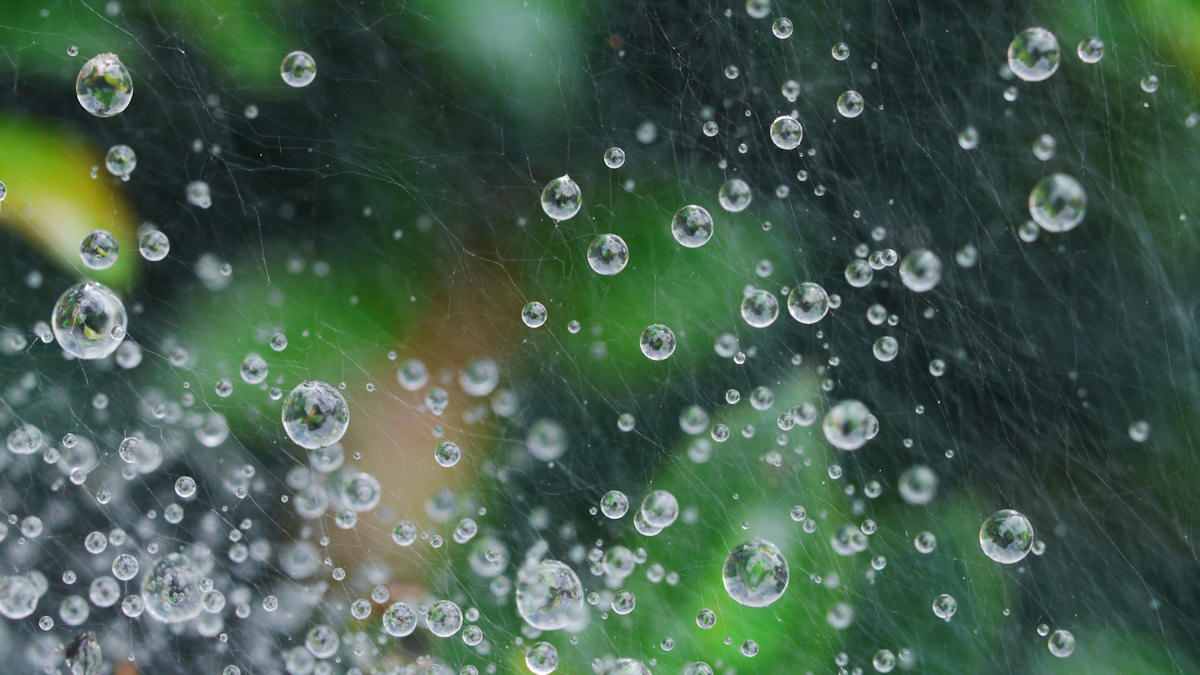photo:macro_droplets
Table of Contents
photographing droplets
see also:
refracting images within water droplets
An antique clock within a drop (I took this using the Olympus E-M5 and Olympus ZD 50mm f/2.0 macro - no Photoshop just cropped and resized - see my blog post on how I did this)
- need a macro lens, preferably 1:1 macro (a 5x macro will allow a droplet to almost fill the frame), and use manual focus
- off-camera flash with a diffuser +/- white board to act as a reflector and provide fill-in light on the opposite side
- tripod, preferably with a macro rail to make focus easier
- background and a subject to be visible within the droplet placed behind the droplet
- droplets:
- dew drops outdoors
- try glycerin (“glycerol”) or glycerine and water indoors for a more stable, bigger, droplet
- a syringe to drop the droplets
- shutter speed at flash sync (or can be slower if you wish ambient light to provide some background details)
- remote shutter release or self timer
- mirror lockup (not needed on mirrorless cameras obviously)
- experiment with aperture for adequate depth of field (DOF)
- as using macro distances, aperture of f/8-16 may be needed for the droplet and hopefully will be sufficient to blur the subject behind the droplet
- alternatively, shallower depth of field (DOF) can be used if one resorts to focus stacking, this will be more likely needed if one wishes to get multiple droplets in focus
- see also:
- if you have a high speed camera set up then you can do something like these amazing shots by Marcus Reugels
dew drops in spider webs
water droplets falling into water
- requirements:
- flash set to low output to achive very short flash exposures of 1/16,000th sec or shorter (eg. flash set to 1/32 or 1/64 output)
- macro lens
- ability to control droplet rate if you wish to image a 2nd droplet landing on the disturbance created by the first:
- at 6 drops per second to create hat shapes.
- at 10 drops per second you get mushroom shapes.
- at 15 drops per second you get flying disc shapes.
- increase viscosity to get smooth shapes which form longer before breaking up. eg. add guar gum.
"martini glass water splash"
photo/macro_droplets.txt · Last modified: 2017/11/13 18:55 by gary1


